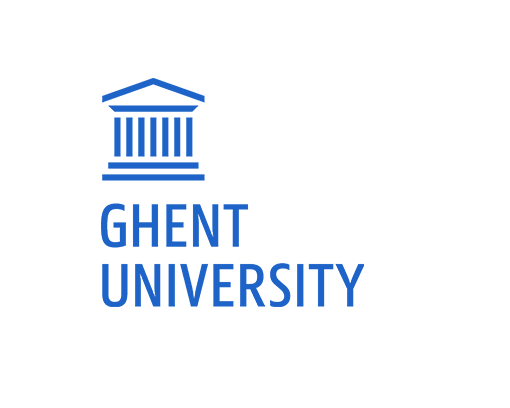Speaking denunciation: satire as confrontation language in contemporary Nigerian poetry
- Niyi Akingbe (Department of English and Literary Studies, Federal University Oye-Ekiti, Nigeria)
Abstract
Contemporary Nigerian poets have had to contend with the social and political problems besetting Nigeria’s landscape by using satire as a suitable medium, to distil the presentation and portrayal of these social malaises in their linguistic disposition. Arguably, contemporary Nigerian poets, in an attempt to criticize social ills, have unobtrusively evinced a mastery of language patterns that have made their poetry not only inviting but easy to read. This epochal approach in the crafting of poetry has significantly evoked an inimitable sense of humour which endears these poems to the readers. In this regard, the selected poems in this paper are crowded with anecdotes, the effusive use of humour, suspense and curiosity. The over-arching argument of the paper is that satire is grounded in the poetics of contemporary Nigerian poetry in order to criticize certain aspects of the social ills plaguing Nigerian society. The paper will further examine how satire articulates so- cial issues in the works of contemporary Nigerian poets, including Niyi Osundare, Tanure Ojaide, Chinweizu, Femi Fatoba, Odia Ofeimun, Ezenwa Ohaeto, Obiora Udechukwu and Ogaga Ifowodo. Viewed in the light of artistic commitment, the paper will demonstrate how satire accentuates the role of these poets as the synthesizers/conduits of social and cultural concerns of Nigerian society for which they claim to speak. As representatively exemplified in the selected poems, the paper will essentially focus on the mediation of satire for the impassioned criticism of social and moral vices, militating against Nigeria’s socio-political development.
Key words: speaking denunciation, contemporary Nigerian poets, satire, mediation, confrontation language
How to Cite:
Akingbe, N., (2014) “Speaking denunciation: satire as confrontation language in contemporary Nigerian poetry”, Afrika Focus 27(1). doi: https://doi.org/10.21825/af.v27i1.4896
Downloads:
Download PDF
View PDF
